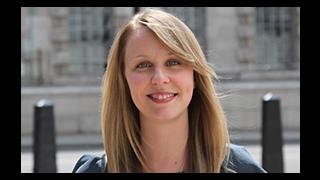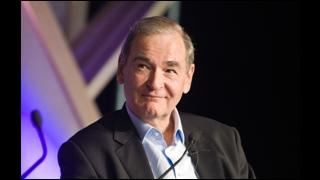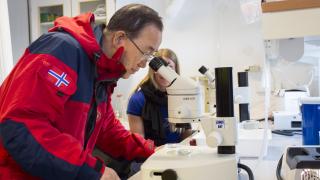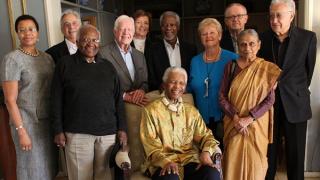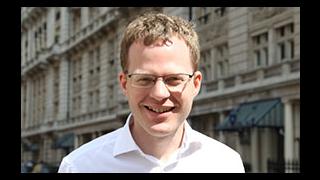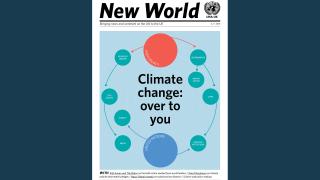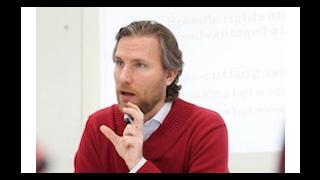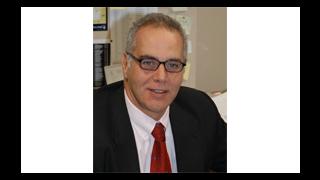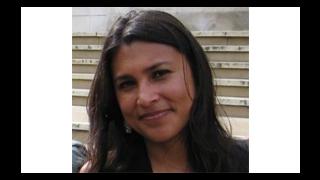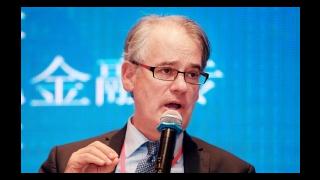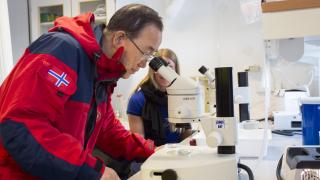
Last month, an election for one of the most influential positions in science took place with modestly little fanfare in Dubrovnik, Croatia. Hoesung Lee of the Republic of Korea became the latest person to Chair the Intergovernmental Panel on Climate Change (IPCC) – the primary world body for assessing the science behind climate change.
For over 20 years its landmark reports have provided the baseline for discussion by member states at the UN Framework Convention on Climate Change. Yet in his first statement the new Chair hinted at charting a new course for the Panel: “We need to provide more information about the options that exist for preventing and adapting to climate change.”
Into the political fray?
Banal as this may sound, these were bold words for an institution governed by a traditionally cautious credo. The IPCC closely follows the convention that verifiable and objective facts must be presented neutrally to policy-makers, who in response will act in the best interests of society. The Panel describes itself as providing “policy relevance without being policy prescriptive”.
This position suggests that the first victim in championing a particular solution for climate change is independence. This does not have to be the case. A 2014 policy commission undertaken by University College London explored compelling new ways in which the scientific community can become climate advocates without forgoing impartiality or a rigorous evidence base.
The Panel is rightly wary of allegations of politicisation, which member states are prone to cast. But this hands-off approach does not always produce the intended results. History is littered with examples of policy-makers ignoring scientific fact and avoiding hard choices. Heads remained stuck in the sand long after evidence of tobacco’s harm to human health came to light.
In making policy decisions, politicians face a variety of different – sometimes competing – considerations. These may include pressure from constituents, legal precedents, or what other ‘tough sells’ are on the political agenda. Often as not, the bottom line comes down to economics.
Communication is key
The influence of science is too often curtailed by research that is beyond the understanding of most. Studies have shown that when clearly communicated scientific information has been provided at UN climate negotiations, it has resulted in far more productive discussions. Whereas a recent linguistics assessment of the IPCC’s reports found that their readability was “exceptionally low”. Allowing the facts to speak for themselves is a risky gamble in a debate as monumental as climate change.
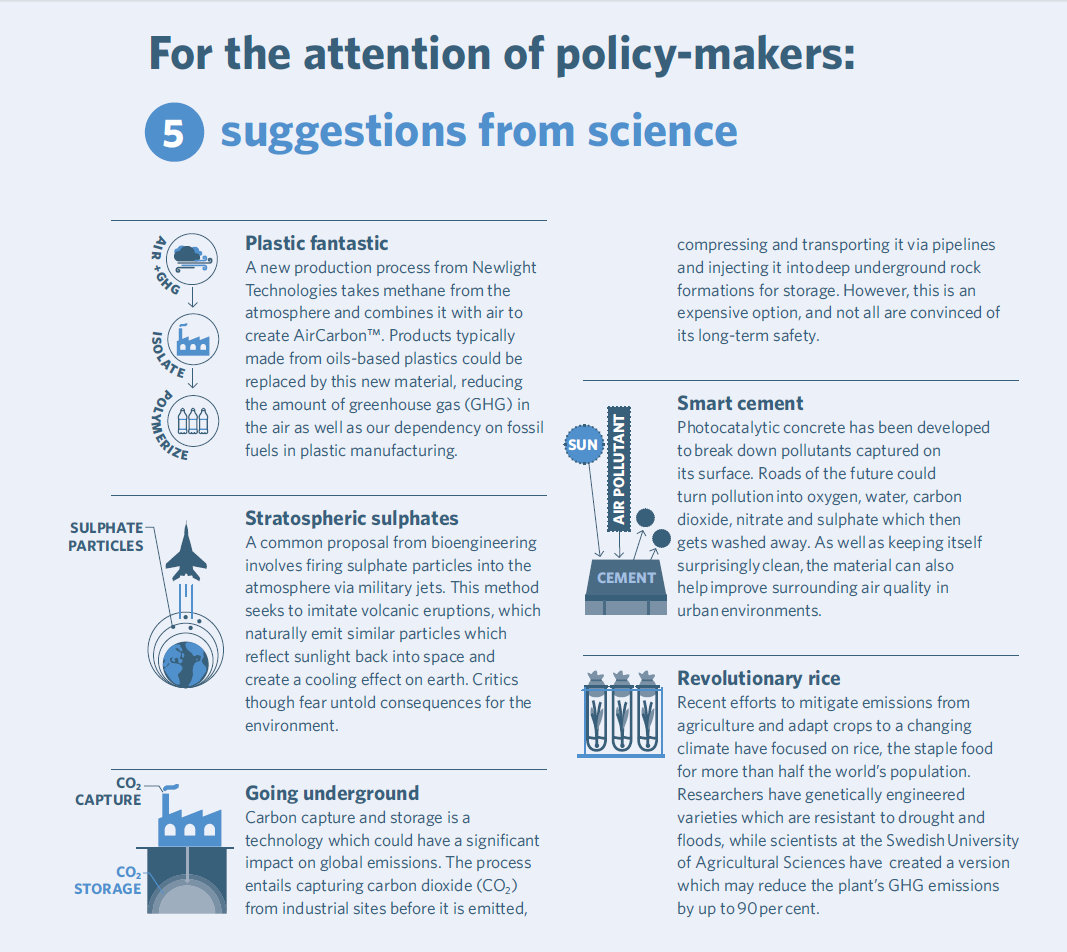
Just as policy-makers should not ignore science, science must not disregard politics – decisions are not made in a vacuum, even when the consensus may be clear. Take the Ebola crisis in west Africa as an example. Quite aside from the medical technicalities, the major challenges presented were political. From inaccessible rural areas to inadequate national health sectors to a persistent suspicion of government-dispensed advice, those coordinating the response required much more guidance than could be provided by experts in viral haemorrhagic fevers.
Clearly both scientists and policy-makers have much they could learn from each other, something which is already being explored in interesting ways. The Royal Society runs a pairing scheme which teams 30 of its Fellows with Parliamentarians or civil servants in order to aid mutual understanding. The UK’s Climate Change Act paved the way for a statutory body staffed by independent experts in the fields of climate change, science and economics, which advises on UK emissions.
In 1987, innovative research and political will combined to enact the Montreal Protocol, the universally ratified treaty that phased out ozone-depleting substances which were once ubiquitous. The Protocol averted 135 billion tonnes of carbon dioxide (compared with doing nothing). This is the equivalent of more than two years’ worth of global greenhouse gas emissions at current levels. Should science and policy-makers come together again at the UN negotiations in Paris this December, we may yet witness another historic moment for the world’s climate.

